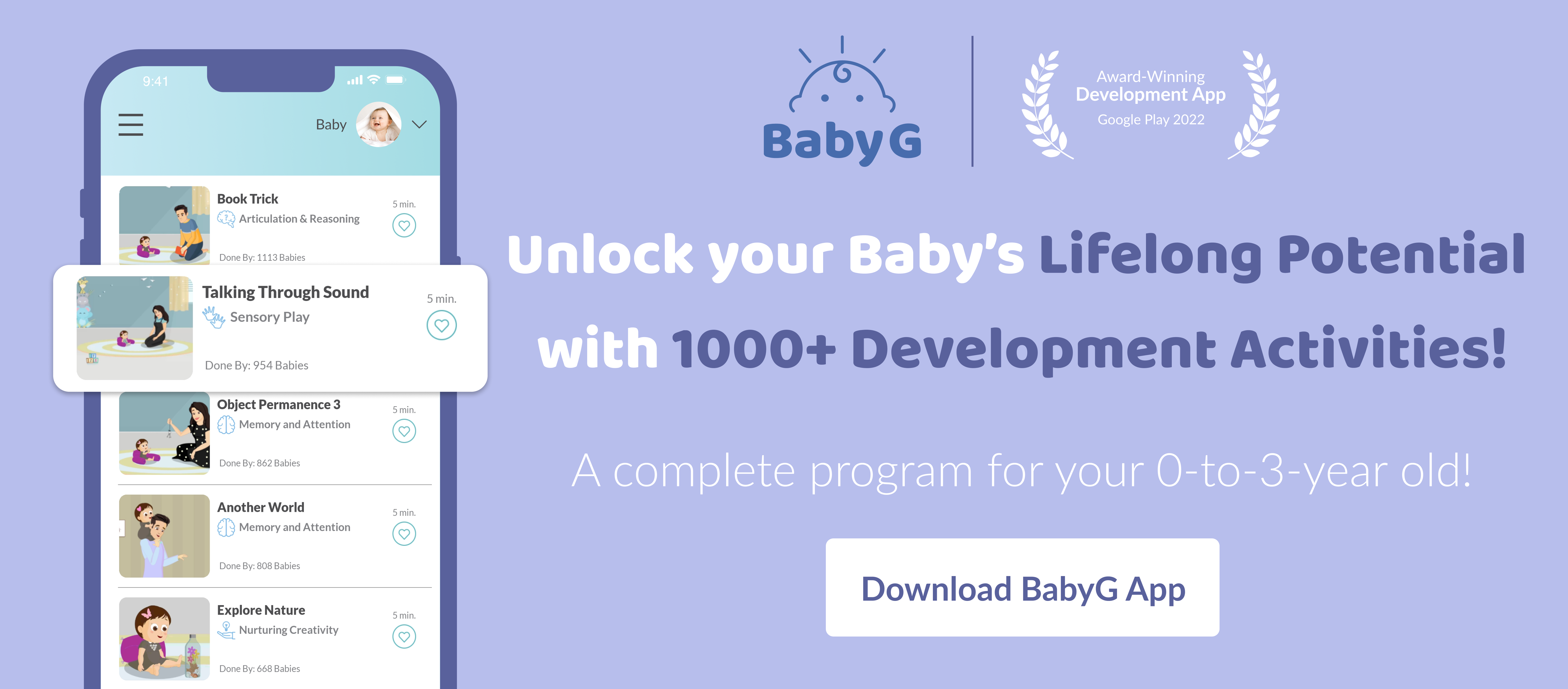
As tired parents, it may be tempting to let your newborn sleep an extra twenty minutes rather than waking them up for a feed if they aren't screaming for a feed themselves. But here's the deal: studies suggest that newborns need to be fed every two to three hours to support their nutrition and growth. Which means if your 1-month old baby won't wake up to eat, you may need to nudge them awake for a feed.
Do I need to wake up my 1-month-old baby for feeding?
Yes. Sleep is an integral part of infant growth, and they need about 14–17 hours of sleep a day. That said, your baby will also have to be fed about 8–12 times in the same time frame.While a significant amount of brain development occurs during sleep, the lack of established sleep patterns in a child will require parents to awaken their children to maintain their health during the initial months.
Reasons for a 1-month-old baby not waking up to eat:
If you notice that your 1-month-old baby has consistently not been waking up for feeding, these could be the reasons behind it:Cold or illness: Sickness drains a child's energy to stay awake. This might prompt them to get more sleep to recover and build their immunity. So do medical conditions that affect your baby’s health. Breathing, heart conditions, and/or jaundice may cause your child to get more sleep.
Developmental spurt: Be it a physical or cognitive growth spurt, the first bout of it happens in the first 10 days or so. This time of growth is accompanied by increased or lack of sleep, hunger, and irritability.
Hunger or Overfeeding: Lethargy due to a lack of sufficient nutrition may induce the child to sleep through the feeding. This is why consistently waking up your child for meals as per their feeding schedules is important as is ensuring that they are getting enough during these sessions. On the other hand, if your baby has been overfed, they will need some additional time to digest the food.
Preemie: Premature babies need more sleep than full-term babies, about 18 hours. This is because they need the time and energy to develop as they would have in the womb. If you have a preemie at home, they have a smaller stomach and must be fed more often.
Aside from these, if your child is reluctant to feed, it could be due to a change in surroundings, their feeding schedules, or distress from reflux or gas.
Tips for a 1-month-old baby to feed after waking up
Waking up a sleeping baby for a feed can be tricky for parents. To be honest, we all want to avoid the wails of distress. If that is the case, here are a few things you can employ to wake a 1-month-old baby to feed:- Try to lovingly nudge them, voicing out your intentions to feed them.
- You can even gently rub their hands and feet to stimulate them awake.
- Keep the environment calm and devoid of any distractions to get them to feed.
- Changing their diaper or undressing them even when they don’t necessarily need to be changed can rouse them.
- Mothers can even employ the rooting reflex to get their little ones to feed. Drag your nipple across the baby’s mouth to encourage them to open up and latch onto the breast for feeding. Keep interacting with your baby as much as you can to keep them awake during the session.
If you notice that your baby has been consistently sleeping and missing their feedings, we suggest consulting your pediatrician about it immediately. You can seamlessly track your baby’s meals and sleeping patterns on the BabyG app to make your daily monitoring easy. Happy Parenting!






LEAVE A COMMENT